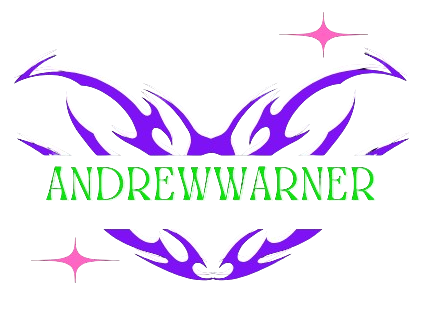Makeup is much more than just a beauty tool; it is a powerful form of self-expression and transformation. Whether it’s used to enhance natural features, experiment with creative looks, or simply boost confidence, makeup has become an essential part of the modern beauty routine for people all over the world.
The Evolution of Makeup
The history of makeup dates back to ancient civilizations, where makeup was used for various purposes beyond aesthetics. In ancient Egypt, both men and women wore kohl around their eyes, not only for beauty but to protect against the sun’s glare and ward off evil spirits. Similarly, ancient Greeks and Romans used cosmetics made from natural ingredients like chalk and lead, although these often came with dangerous side effects.
Fast forward to the 20th century, and makeup underwent significant changes with the creation of more refined products. Brands like Max Factor and Maybelline revolutionized the cosmetic industry, making makeup more accessible to the masses. In today’s world, makeup is no longer just about enhancing beauty; it has evolved into a form of art, a way to communicate individuality, and a powerful tool for confidence-building.
Essential Makeup Products and Techniques
A typical makeup routine may involve several steps, depending on the look you’re going for, but it all starts with understanding the essential products and techniques.
- Base Makeup (Foundation, Concealer, and Powder): The first step in creating a flawless makeup look is applying base makeup. A good foundation helps even out skin tone, while concealer can cover blemishes, dark circles, and redness. Many people finish off their base makeup with a light dusting of translucent powder to set everything in place and avoid shine.
- Eyes: Eyes are often the focal point of makeup. Eyeshadow, eyeliner, and mascara can dramatically alter the appearance of the eyes, making them appear larger, more defined, or more dramatic. Whether you’re using neutral shades for a natural look or vibrant colors for a bold statement, eyeshadow can be applied in various techniques such as blending, cut creasing, or smokey eyes. Eyeliner and mascara further enhance the eyes by adding definition and length to lashes.
- Brows: Well-groomed eyebrows can frame the face and make a noticeable difference in your overall makeup look. Filling in your brows with a pencil, powder, or gel can help achieve a fuller, more structured appearance.
- Blush and Contouring: Blush gives a healthy, radiant glow to the cheeks, while contouring adds dimension to the face by emphasizing the bone structure. A soft touch of blush on the apples of the cheeks can give a youthful, flushed appearance. Contouring is usually applied to the hollows of the cheeks, temples, and jawline to create the illusion of depth.
- Lips: Lip color is a key element in completing a makeup look. Whether it’s a classic red lip, soft nude, or bold dark shades, lips can instantly change the mood of your look. Lip liners help define the shape of the lips, and lip gloss can add a shiny finish for a youthful, plump look.
The Influence of Social Media on Makeup Trends
Social media has had a huge impact on makeup trends and how people approach beauty. Platforms like Instagram, TikTok, and YouTube have become hotspots for beauty tutorials, product reviews, and creative makeup challenges. Influencers and makeup artists share innovative looks, from bold and dramatic to minimalistic and dewy, and their work often sets the stage for new trends.
One of the most prominent trends in recent years is the rise of “glam” makeup, which focuses on heavy, full-coverage foundation, bold eyes, and statement lips. On the other hand, “no-makeup” makeup has also gained popularity, emphasizing a fresh-faced, natural glow with minimal product use.
Makeup as a Confidence Booster
For many people, makeup is not just about looking good—it’s about feeling good. The process of applying makeup can be empowering, giving individuals the opportunity to take control of their appearance and enhance their natural features. It allows for creativity, offering an outlet for expression, whether through classic beauty looks or avant-garde, artistic designs.
Moreover, makeup has a significant psychological impact. Many people feel more confident after applying makeup, as it can help hide imperfections and create a polished look. It is often used to complement an outfit, prepare for an important event, or even as a confidence boost on a regular day.
Embracing Diversity in Makeup
In recent years, the makeup industry has become more inclusive, reflecting the diversity of beauty standards across the globe. Brands have expanded their product ranges to cater to a variety of skin tones, with foundations available in hundreds of shades. Additionally, makeup campaigns are featuring a more diverse range of models, embracing different body types, ethnicities, and gender identities.
This shift toward inclusivity has made makeup a tool for everyone, no matter their background, skin color, or personal style. The beauty industry now celebrates diversity, encouraging everyone to experiment with makeup in ways that make them feel confident and empowered.
Conclusion
Makeup is more than just a cosmetic product—it’s a transformative experience that empowers individuals to express their creativity and build their confidence. From ancient rituals to modern-day artistry, makeup continues to play a significant role in personal and cultural expression. Whether it’s a simple everyday look or a bold, artistic design, makeup offers endless opportunities for self-expression and self-discovery.
